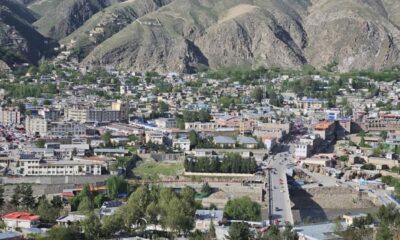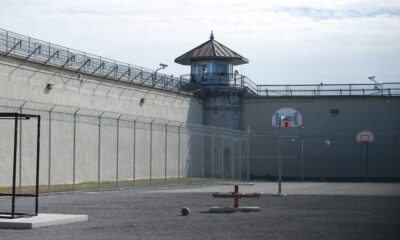Latest News
Targeted killings taking serious toll on civil society and media: UN report
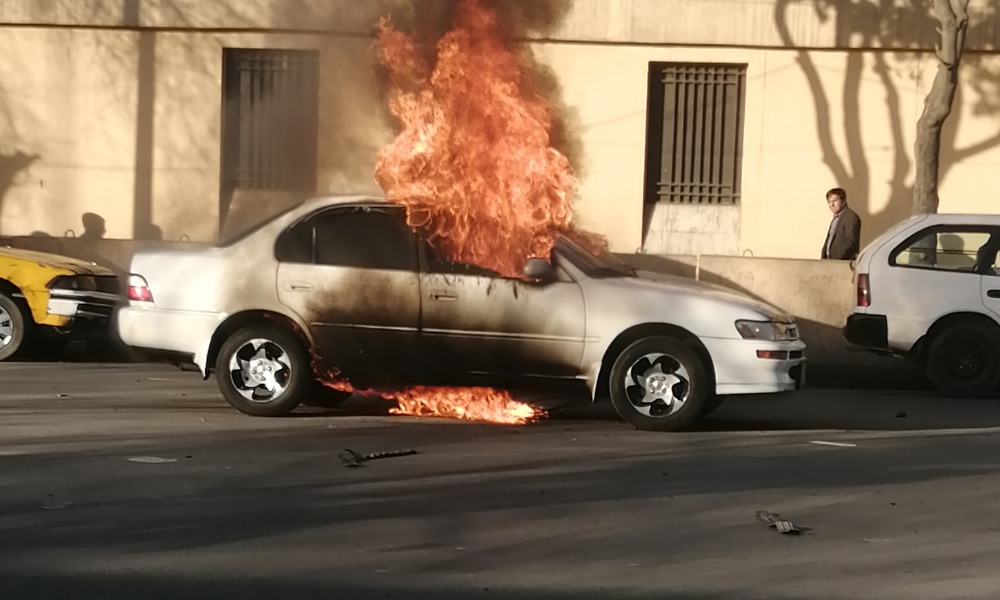
The UN Assistance Mission in Afghanistan said Monday that human rights and media space in Afghanistan has contracted in the past few months as a result of the sharp increase in targeted attacks against professionals in these two sectors.
In a report issued Monday by UNAMA, analysis shows that since the start of peace talks in Doha, on September 12 last year, until January 31, 11 human rights defenders and media workers have been killed in targeted attacks.
The new report analyses data and trends connected to the killings and traces the changing patterns of attacks on these key sectors and provides recommendations.
UNAMA stated in the report that “this trend, combined with the absence of claims of responsibility, has generated a climate of fear among the population.”
In addition, research found that human rights and media space has contracted as a result, with many professionals exercising self-censorship in their work, quitting their jobs, and leaving their homes and communities with hopes it will improve their safety. Many, including high profile personalities, have fled the country.
“The killings have had the broader impact across society of also diminishing expectations around efforts towards peace,” a UNAMA statement read.
“The Afghan people need and deserve a flourishing civic space – a society where people can think, write and voice their views openly, without fear,” said Deborah Lyons, the Secretary-General’s Special Representative for Afghanistan.
“The voices of human rights defenders and the media are critical for any open and decent society. At a time when dialogue and an end to the conflict through talks and political settlement should be the focus, the voices from human rights and the media need to be heard more than ever before, instead, they are being silenced,” said the envoy, who is also head of UNAMA.
UNAMA stated that one of the key trends to emerge in the past few months is that attacks against representatives of the human rights and media sectors in Afghanistan are clearly “intentional, premeditated and deliberate targeting of individuals with perpetrators remaining anonymous.” This contrasts to previous years.
The report also records a total of 65 human rights defenders and media professionals killed in the period from 1 January 2018 to 31 January 2021; 32 from the human rights sector and 33 from the media.
Of these, 11 (five human rights defenders and six media) were killed in the four-month period from 1 October 2020 – 31 January 2021 alone, the statement read.
The report notes that as they work to provide timely information to the population of Afghanistan on a range of issues (including violations of international humanitarian law and human rights law), human rights defenders, journalists and media workers are far too often exposed to threats, intimidation, harassment, surveillance or arbitrary detention.
A series of recommendations to both state and non-state actors are contained in the report.
Recommendations made to the Afghan government include the establishment of an effective and cooperative national protection mechanism under the leadership of the Second Vice President Sarwar Danish.
Also for an adequate preventive framework, including special protective and proactive security measures for human rights defenders, journalists and media workers, to be put into place.
UNAMA also called for assurances that human rights defenders, journalists, and media workers can continue their legitimate rights to life, freedom of association, freedom of expression and access to information, as well as other fundamental freedoms, without fear of reprisal or attack.
Key among the recommendations was counter impunity, including by conducting independent, impartial, prompt, thorough, effective, credible and transparent investigations into killings and that genuine accountability, and prosecuting of suspects follow due legal process.
Recommendations to insurgent groups included the call for them to cease all killings of human rights defenders, journalists and media workers, in accordance with international human rights and humanitarian law.
For the Taliban in particular, UNAMA called on them to condemn, at the leadership level, the killings of human rights defenders, journalists and media workers.
UNAMA also called on the group to investigate cases where Taliban members are alleged to have been involved and hold to account Taliban members that order or implement the killings of human rights defenders, journalists and media workers.
The group was also encouraged to adopt, publicize and enforce policies that prohibit the killings of human rights defenders, journalists and media workers and to repeal existing policies (and refrain from adopting new ones) limiting civic space, including restrictions to freedom of association, the work of civil society and humanitarian actors, and freedom of expression.
The international community was also called on to assist with the problem.
UNAMA urged them to continue condemning the killing of human rights defenders and media professionals, and to underscore the importance of the role of human rights defenders and independent media for a unified, sovereign, peaceful and democratic Afghanistan.
UNAMA also encouraged the international community to increase support to programs that provide security, travel, financial, capacity building and other assistance to them.
Latest News
Traffic accident in Badakhshan leaves 12 dead, 3 injured
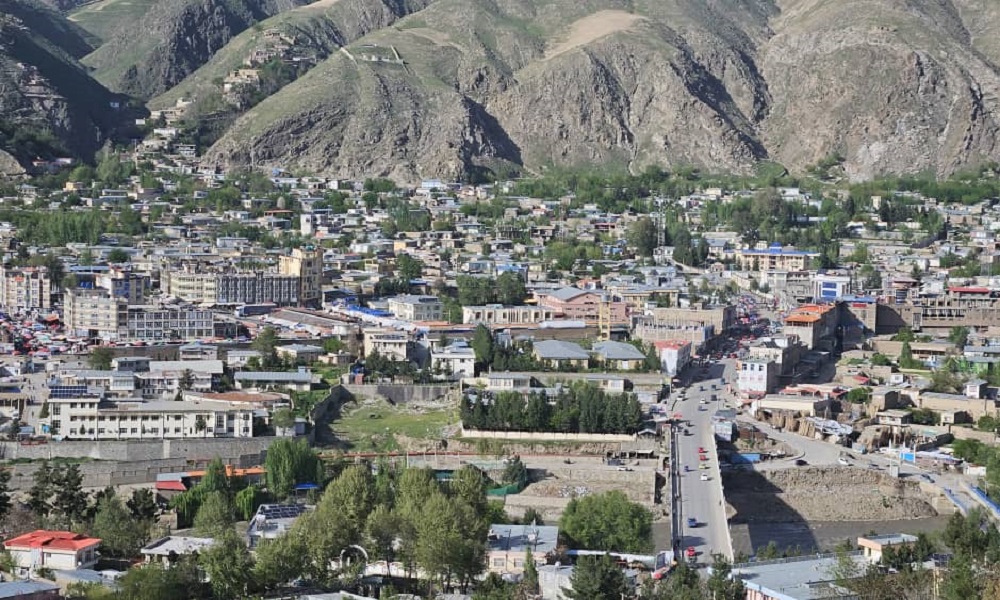
Ehsanullah Kamgar, spokesperson for the Badakhshan Provincial Police Command, said that 12 people were killed and three others were seriously injured in a traffic accident in Arghanjkhwah district of the province.
Kamgar added that the incident occurred at noon on Saturday in the Samdar area of Arghanjkhwah district.
According to him, the victims include men, women and children.
He explained that the incident happened when a Flancoach -type vehicle veered off the road due to poor road conditions and plunged into a ravine.
The injured were transferred to health centers for treatment, and the condition of some of them has been reported as critical.
Latest News
Afghanistan to grant one- to ten-year residency to foreign investors
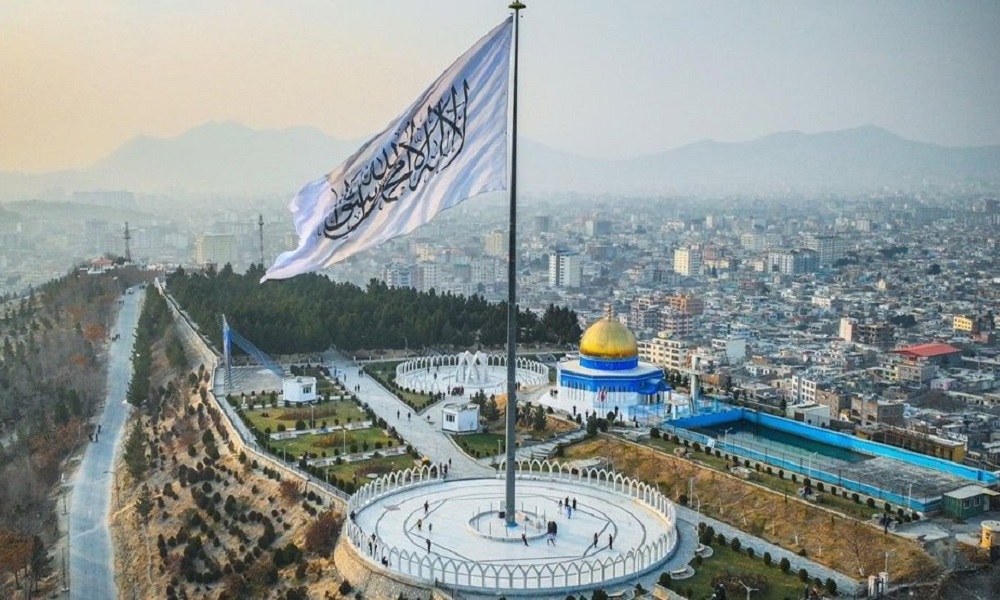
The Islamic Emirate of Afghanistan has approved a plan to grant foreign investors residency permits ranging from one to ten years in exchange for investment in the country.
The decision was endorsed during a regular meeting of the Economic Commission, chaired by Deputy Prime Minister for Economic Affairs Mullah Abdul Ghani Baradar.
According to a statement from the deputy PM’s office, a designated committee has been tasked with determining the length of residency based on the volume of investment, which will be categorized under specific criteria.
Latest News
Traffic police receive new cars

The Ministry of Interior has announced the delivery of several new, modern cars to the General Directorate of Traffic Police, replacing the older fleet that consisted mostly of trucks.
According to a ministry statement, the new vehicles, equipped with special traffic police colors, markings, and modern equipment, are expected to play a key role in maintaining traffic order in cities and on main roads, preventing accidents, and providing faster services to the public.
-
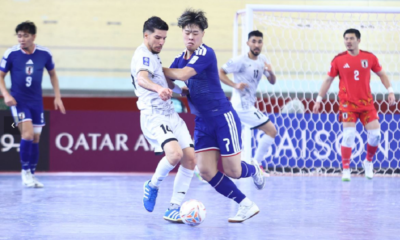
 Sport4 days ago
Sport4 days agoJapan trumps Afghanistan 6-0 in AFC Futsal Asian Cup quarter-final
-

 Sport4 days ago
Sport4 days agoHosts and heavyweights advance as AFC Futsal Asian Cup reaches semifinals
-

 Latest News3 days ago
Latest News3 days agoTerrorist threat in Afghanistan must be taken seriously, China tells UNSC
-

 Latest News3 days ago
Latest News3 days agoUzbekistan, Pakistan advance Trans-Afghan railway project
-

 Business5 days ago
Business5 days agoAfghanistan seeks expanded ties with Russia in energy, mining and infrastructure
-

 Sport3 days ago
Sport3 days agoWinter Olympics finally underway, ATN to broadcast exclusively across Afghanistan
-
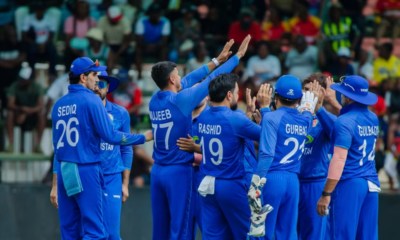
 Sport3 days ago
Sport3 days agoAfghanistan beat West Indies in final T20 WC warm-up match
-
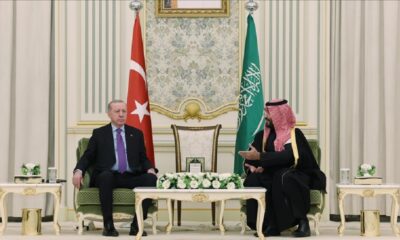
 Regional4 days ago
Regional4 days agoTurkish President Erdogan meets Saudi Crown Prince in Riyadh




